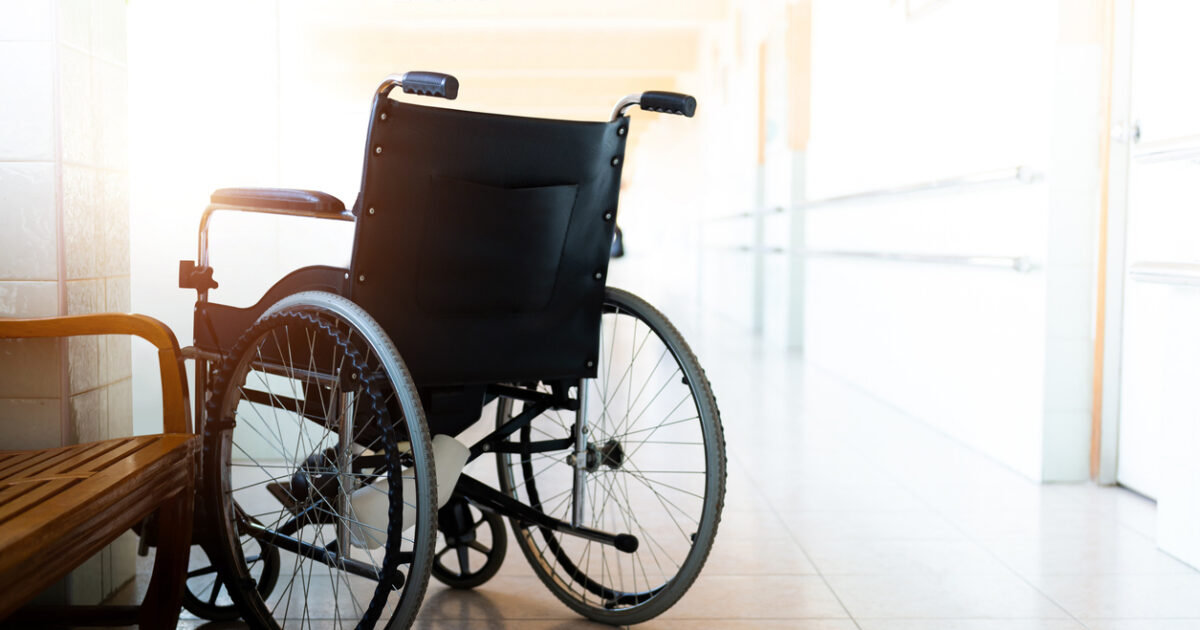The amendment of the Joint Ministerial Decision was announced (KYA) concerning the program “Accessibility at home”. The revision foresees more interventions, simpler procedures and faster implementation, with the aim of facilitating citizens with disabilities.
In the context of the KYA, the program is enriched with new possibilities and simplified procedures, allowing faster implementation and better coverage of the individual needs of the beneficiaries. The changes strengthen the right to accessibility, which is a government priority.
The new MOU was signed by the Ministers: Stavros Papastavrou (Environment and Energy), Niki Kerameos (Labor and Social Security), Domna Michailidou (Social Cohesion and Family), Dimitrios Papastergiou (Digital Governance) and Deputy Minister Nikos Papathanasis (National Economy and Finance). The changes strengthen the right to accessibility, which remains a government priority.
One major change concerns mobile equipment, such as braille printers or mobile ramps, for which proof of the applicant’s residence is no longer required. Also, the obligation to study an engineer for interventions that do not require a small-scale permit is abolished. In cases where permission is required, the Consultant Engineer draws up the study and his fee is increased by €450.
For applications that have already been pre-approved before the amendment comes into effect, a Consultant Engineer’s fee is paid even for interventions on mobile equipment, as long as the required additional information is submitted or a relevant fee is requested from the beneficiary.
Adding to the list of eligible interventions are new projects proposed by the disabled community, such as outdoor seating lifts, handrails, vehicle wheelchair restraints, replacing bathtubs with showers and connecting home switches to a wireless network.
The Ministry of Social Cohesion and Family also announced an extension of the deadline for submitting applications for the second phase of the program until Tuesday, November 18, 2025. The program, implemented by EETAA and financed by the Recovery and Resilience Fund, provides a grant of up to 14,500 euros, with a 50% down payment, and is aimed at people with a disability rate of more than 67% with motor or sensory disability.
